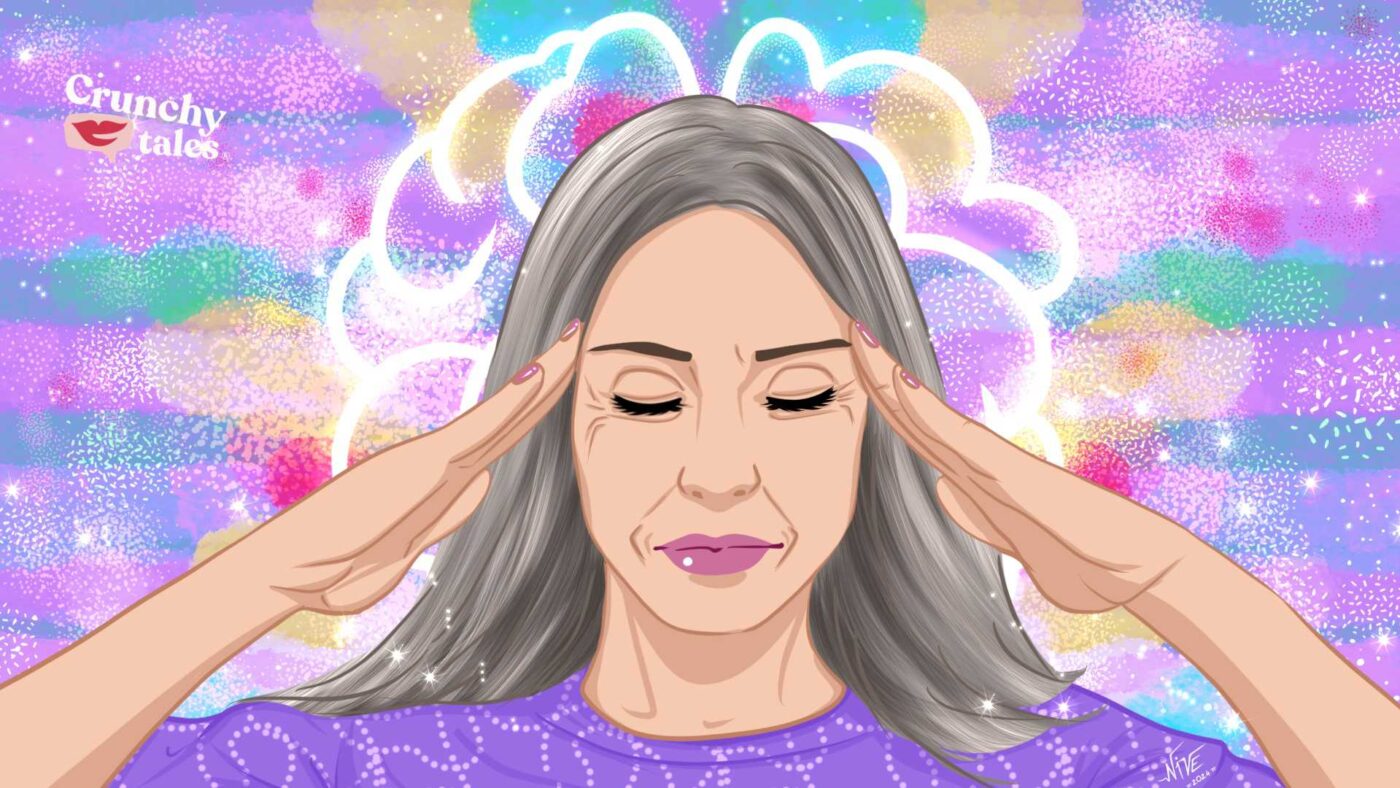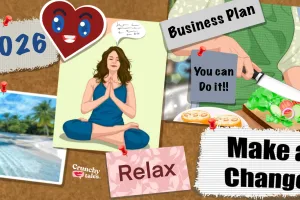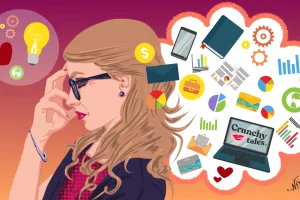The Power of Curiosity: How Learning New Skills in Midlife Can Transform Your Journey
Last week, at my friend Amanda’s dinner party, I met her 93-year-old mother, who started her education after the age of 40, went on to get her master’s and then her doctorate degree at the age of 91. And she hasn’t stopped. She continues to take online classes and keeps herself busy volunteering in the local prison. Her motivation is an ongoing curiosity and her continued desire to learn and experience new things.
One of the most widely held ageist beliefs is that after a certain age, we are no longer able to learn new things. It’s the “you can’t teach an old dog new tricks” belief that, once internalized, limits us in many ways from reaching our potential in our careers and leading a fulfilling life. It’s also one of the top ageist assumptions that prevents organizations from hiring and investing in their older employees. But it’s simply not true!
Actually, new research published in Developmental Review suggests that cognitive differences between the old and young are tapering off over time. This is hugely important as stereotypes about the intelligence of people in their sixties or older may be holding them back – in the workplace and beyond.
Many women are busting this myth every day.
Boomer ladies are going back to school and many of them aren’t doing it necessarily for their careers. According to several academics, returning to school at 50 or 60, typically doesn’t correlate with higher wages. Instead, they’re doing it to prove that they can. For mid-life women, this is a very powerful concept: I am going to be smart, I am going to show my kids I can do this, I am going to have this identity as an educated person. claiming, “This is my time.”
Yes, your brain matures in a good way
Neurologists and psychologists have studied the ageing brain for decades and believe that the brain is elastic and supple between the ages of thirty-five and sixty-five and beyond.
According to Jeffery Kluger in Time, the ageing brain “brings new cognitive systems online and cross-indexing ones in existing ways it never did before.” So, you may not have the short-term recall you had when you were younger, BUT, you manage information better than before AND, the brain is more flexible as we age so our temperament is better. So much for the grouchy old crone myth.
Another long-term psychological study of women over 40 found that women scored highest in their inductive reasons between the age of 40 and their sixties. And their ability to objectively evaluate contradictory ideas peaked in their fifties and sixties. This is proof that we still have a great capacity to think creatively, solve problems, and manage data.
We also have an improved ability to manage relationships which is so important in our careers and lives.
Nurture your curiosity
Nurturing your curiosity and dropping the fixed mindset mentality are two important steps to open your mind and expand your horizons to learn new things, at any age. And learning new things keeps you young and vital. Henry Ford said it well: “Anyone who stops learning is old, whether at 20 or 80. Anyone who keeps learning stays young.” In fact, according to Harvard Medical School, learning a new skill actually slows cognitive ageing.
One thing I do at the end of each day is ask myself, what new thing did I learn today? Posing this question to myself allows me to review the day and acknowledge any lessons learned or new facts that I’ve heard, read about, or picked up from a friend or colleague. This practice creates awareness for me every day to make a mental note of what I’m learning to store in my memory bank. It honours and nurtures curiosity.
Adopt a growth mindset
Harvard Business Review defines a growth mindset as someone who “views intelligence, abilities, and talents as learnable and capable of improvement through effort. On the other hand, someone with a fixed mindset views those same traits as inherently stable and unchangeable over time.”
The growth mindset reinforces the view that every day is a new starting point, and it fosters a love of learning, which is essential for an active life and thriving career. Challenge yourself when you recognize you have a closed mind; when you are stuck in your own information bubble of facts and opinions. Look for new sources for learning that may be out of your comfort zone. Be open to having discussions with others who have differing ideas and recognize when you are just seeking ways to validate your own.
Start each day with an open mind to learn new things
Make a plan to learn new things every day. There are so many resources readily available via the internet and in our communities, online or local. Read, listen to podcasts, go to lectures or join a book club, take online courses, travel and learn about different cultures and history. Don’t put a limit on yourself by believing you don’t have the capacity to adopt new skills.
What training is available to you at work? What new skills would help you in your career or help you with your relationships? What interests you? Maybe learn to play a new instrument, take painting classes, or go to culinary school. Follow your passion and seek creative ways to expand your horizons.
Have you learned something new? It is critical for your ongoing health and well-being to keep learning and nurture your curiosity and creativity. You are never too old to expand your horizons and live your life to the fullest. So, what’s your plan to keep learning?
Like this post? Support Us or Sign up to our newsletter to get more articles like this delivered straight to your inbox!






